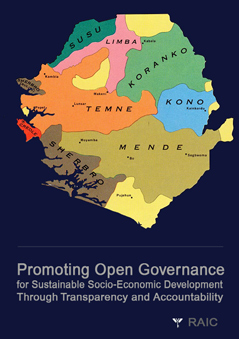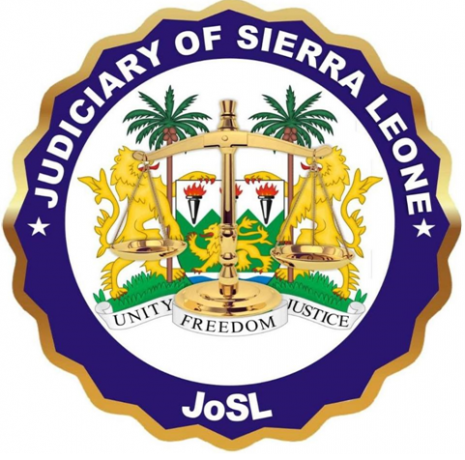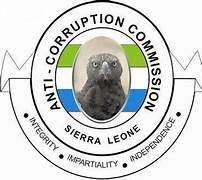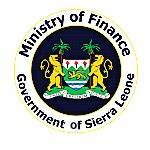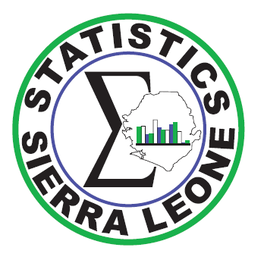
The Ministry of Local Government and Community Affairs recently received a high-powered delegation from the Right to Access Information Commission (RAIC ) comprising of its Chairman and Information Commissioner Dr. Ibrahim Seaga Shaw,
Executive Secretary Hon. Mustapha Braima, Western Region Commissioner Pastor Mohamed Sesay and senior staff of the Commission at the Ministry’s headquarters , Youyi Building, in Freetown.
The visit, in the form of a consultative meeting, was part to the robust engagements by the Commission with the leadership of Ministries, Department, and Agencies (MDAs) to create an understandable and supportive working relationship with the lower cadre of staff who deal with freedom of information requesters and their other administrative and professional staff.
Deputy Minister of Local Government and Community Affairs Alfred Moi Jamiru welcomed the RAIC to the headquarters of the Ministry, adding that he is eager to hear what the team has to offer to them.
Delivery a presentation, The Chairman and Information Commissioner Dr. Ibrahim Seaga Shaw gave a brief background of the RAI Law in the Country noting that Part 2 Section 2 states that everyone has the right to access information irrespective of race, sex, color or citizenship. He said this is of great advantage to public authorities because at a point in time they may find themselves on either the demand or the supply side, since, as he put it, information is power. He said proactive disclosure of information and providing access to information on request build public trust and promotes transparency and accountability.
He emphasized that Part 3 sections 12 to 26 speaks to exempt information which is data such as personal data, information that would undermine national security etc. to be protected in the public interest.
He also touched the on the significance of to section 27, the proper management of records to access to information without which access is almost impossible.
He however warned against ignoring FOI requests just because the public authority feels they fall among the exempt provisions, and rather advised engaging with the process by acknowledging and processing the requests, or reaching out to explain why the information cannot be released if it is available. He said it is important that the compliance rate is up since the country participates in an annual UNESCO survey monitoring on SDG 16.10.2 which relates to Public Access to Information and the freedom of information scorecard in the MCC.
Legal Counsel and Head of Compliance, Alan Benjamin ESQ added that access to information is a two-way traffic involving the supply and demand of information, and that public authorities can always find themselves on either side of the divide depending on the circumstances.
Permanent Secretary of the Ministry of Local Government and Community Affairs Thomas B. Lansana called for the harmonization of the civil Service Code and the RAI Act of 2013 as the former asked for secrecy and confidentiality whilst the later asked for openness. He also added that the ministry only has one information officer which is a major challenge for them in the implementation of the RAI law.
The Deputy Minister concluded by thanking the Commission and asked the more of these meetings be held to promote transparency accountability and good governance.
For media inquiries, contact:
David Patrick Kamara - Public Information Officer
Right to Access Information Commission (RAIC) National Secretariat / +23278407847




